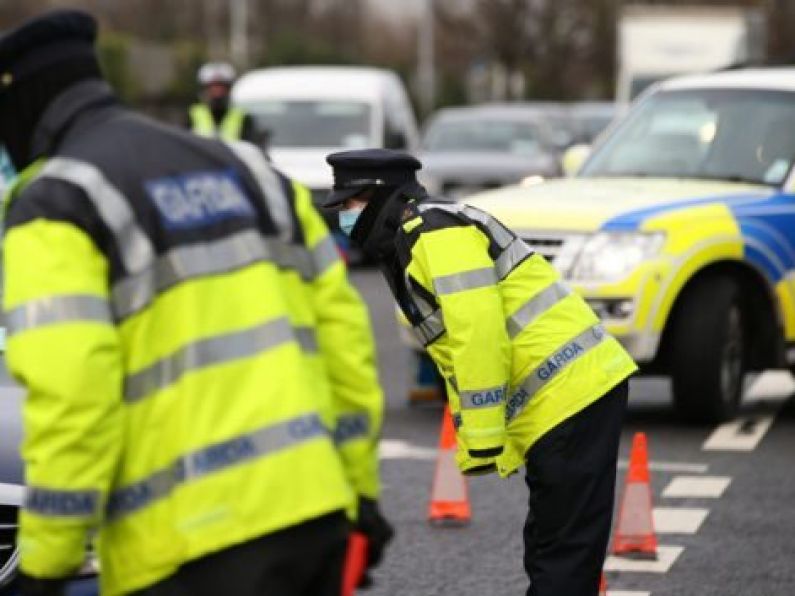Every adult in a group found exercising or driving beyond five kilometres of their home will be fined, An Garda Síochána has warned.
The warning comes as new figures show gardaí have issued some 1,500 fines for non-essential travel in the Republic, since the on-the-spot charges came into force two weeks ago.
On Friday, January 22nd, gardaí confirmed that almost 1,000 fines had been issued over non-essential travel. By the close of business on Sunday, January 24th, this number had increased to 1,500.
On Sunday, gardaí had processed 909 fines, while around 645 further fines are currently being processed.
Members of the force are continuing to carry out checkpoints and high-visibility patrols across the country in support of public health regulations.
In a statement on Monday, gardaí reminded that people are only permitted to exercise within five kilometres of their home. This limit includes the distance travelled from a person’s home to an exercise location.
“The public should also be aware that if a driver is found to be in breach of the non-essential travel regulations that not only can the driver be fined, but their adult passengers as well,” the statement said.
“This is also the case for adults in groups undertaking activities such as cycling or walking – every adult in such a group can be fined.”
Gardaí also restated that travel to airports and ports should only be taken for essential reasons. “Holidays abroad are not deemed essential,” the statement continued.
Deputy Commissioner of Policing and Security, John Twomey, said the “vast majority” of people are currently complying with the non-essential travel regulations.
“We thank them for that,” Mr Twomey said.
“Unfortunately, there are still some people who are putting themselves, their loved ones and everyone they come into contact with at risk of getting Covid-19 by not complying with public health regulations.
“There are people dying and are seriously ill from Covid-19. Our health service and all who work in it are under serious pressure. People need to adhere to the public health regulations to help save lives and reduce that pressure.”






